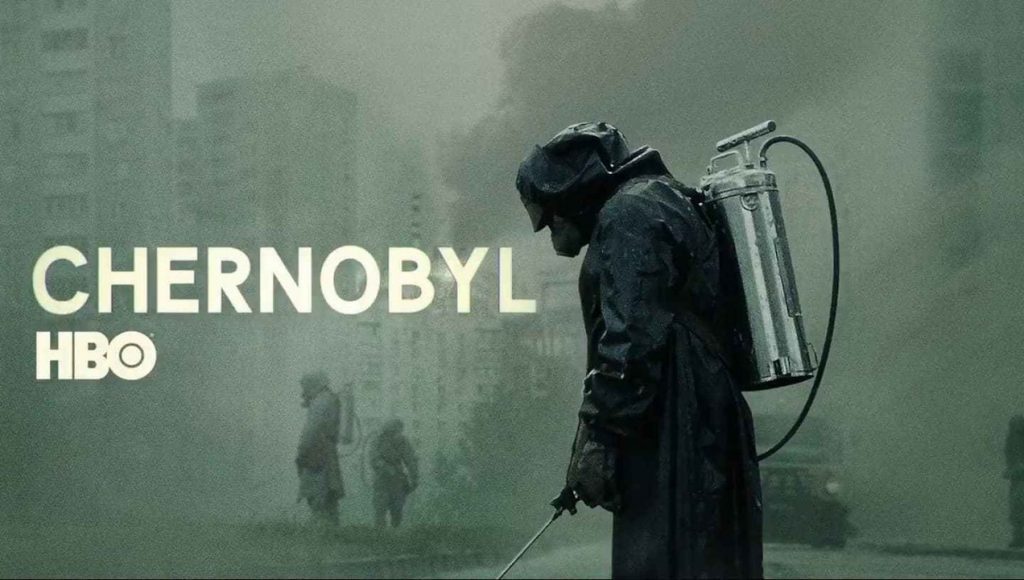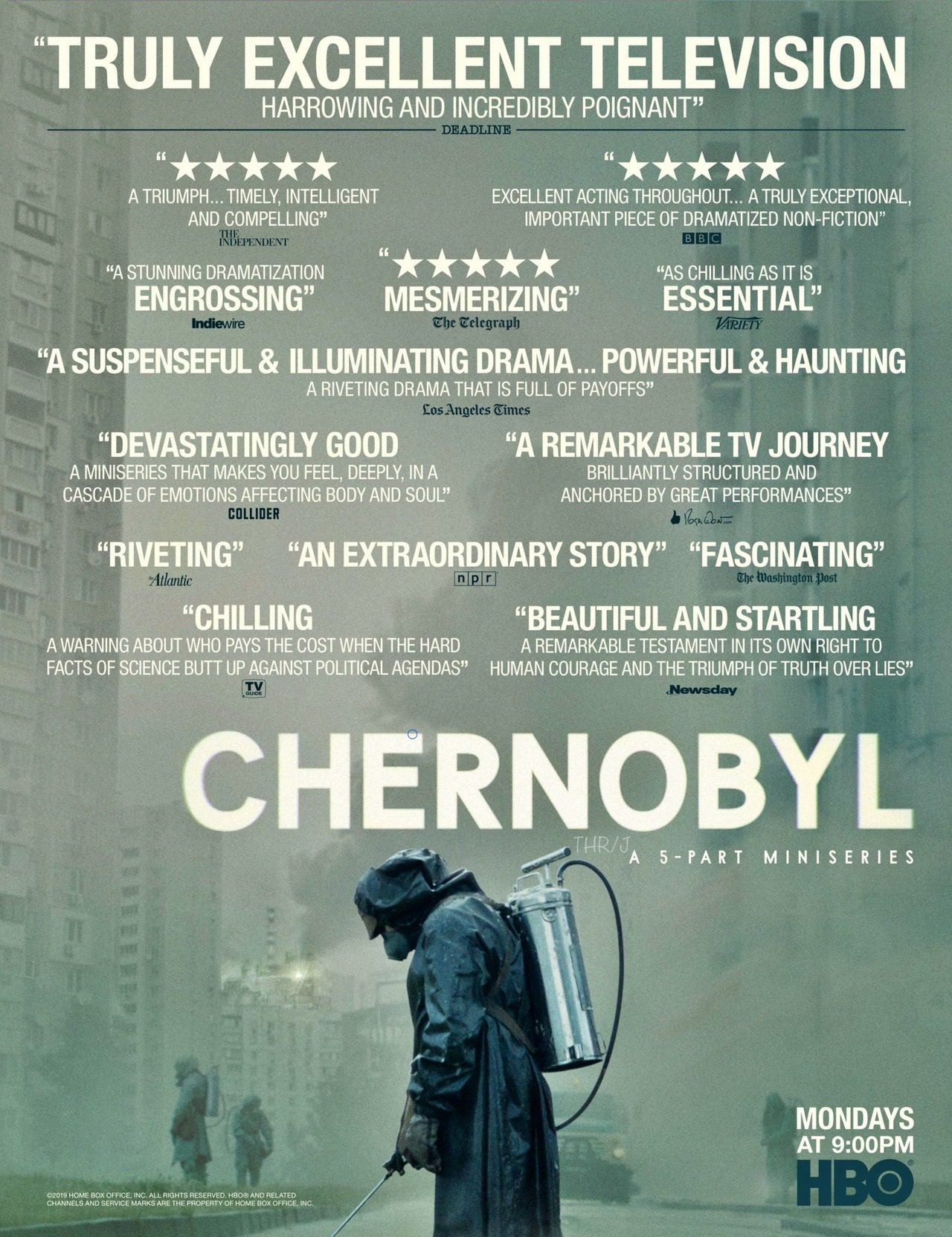If you have seen the latest five-part miniseries from HBO, Chernobyl, you would have noticed the question, How could it explode? comes up repeatedly. Numerous characters keep asking this question to the protagonist, they keep asking each other and they keep asking themselves, of course no one knows the answer in the immediate aftermath of the 1986 catastrophe.

As the story unravels, we learn how during a safety test (the irony), a flaw in the nuclear reactor design exacerbated by inadequately trained operators with personal greed (assured promotions if the safety test goes through) and a lack of transparency within the system, triggers a chain of events that cause reactor no. 4 in the Chernobyl Nuclear Power Plant to explode on 26th April, 1986 in modern day Ukraine (part of Soviet Union till 1991).
Mikhail Gorbachev, the last Secretary General of the Soviet Union, attributed the Chernobyl explosion as the fulcrum that lead to the eventual collapse of the Soviet Union five years later, indeed a major turning point for the global economy.
In essence, a flawed system design combined with a serious oversight of protocols brought about one of the biggest disasters the world had ever seen.
This recipe for disaster reminds us of a fairly recent catastrophe, that brought the global economy to its knees – The 2008 Financial Crisis.
A system of gullible investors, inadequately trained credit rating agency and lenders with personal profits margins to meet caused the Subprime Mortgages and risky Credit Default Swaps to balloon in the US Housing market, eventually resulting in an explosion of the bubble when the demand to supply scales were overturned. The lenders went kaput, the investors lost their money and the markets came to a grinding halt, culminating into the Great Recession, again a major turning point for the global economy.
Beyond the economic suffering, the far more tragic outcome was of the numerous human lives that were destroyed. While the nuclear disaster lead to an increase in cancer related mortality, the financial crisis resulted in a spike in unemployment causing an increase in mortality due to unaffordability of timely medical assistance, especially in countries without universal health coverage.
Some studies suggest that, indirectly, the latter (2008 Financial Crisis casualties) was more lethal than the former (Chernobyl casualties).
In the immediate aftermath, in Chernobyl, brave actions by three individuals Alexei Ananenko, Valeri Bespalov and Boris Baranov prevented a far more disastrous blast that would have rendered most of Europe inhabitable for thousands of years and likewise in the 2008 Economic crisis, brave actions by three institutions the US Congress, the Federal Reserve and the Department of Treasury curtailed the bleeding, preventing a repeat of the 1930s Great Depression.
However, these actions though well intended, were at best corrective/remedial and therefore the important question to ask is, how do we ensure that such disasters do not repeat in the first place?
Besides improving the nuclear reactor designs and setting up stress tests for major financial lenders, the one thing that needs more focus is the Human Element. These disasters could have been avoided if the initial few individuals who realized the crack in the system had stood their moral ground and more importantly, be addressed,by the system.
Easier said than done, considering the pressure, threat and personal loss such individuals face, as was observed in the case of Aleksandr Akimov, whose protests were dispelled by the threat to his career, causing him to act against his own will at Chernobyl.
It is idealistic to assume that everyone can act ethically and stand their moral ground, but it is comforting to realize that not everyone is unethical, and this gives us hope. Thus, the need to encourage, support and protect such individuals in our society is far more important than to change the designs of non-human systems that run it.
It brings us back to the question at the start of this article, How could it explode?
The answer lies in a 1599 play written by William Shakespeare, The Tragedy of Julius Caesar. When Cassius says to Brutus,
The fault, dear Brutus, is not in our stars, But in ourselves, that we are underlings
